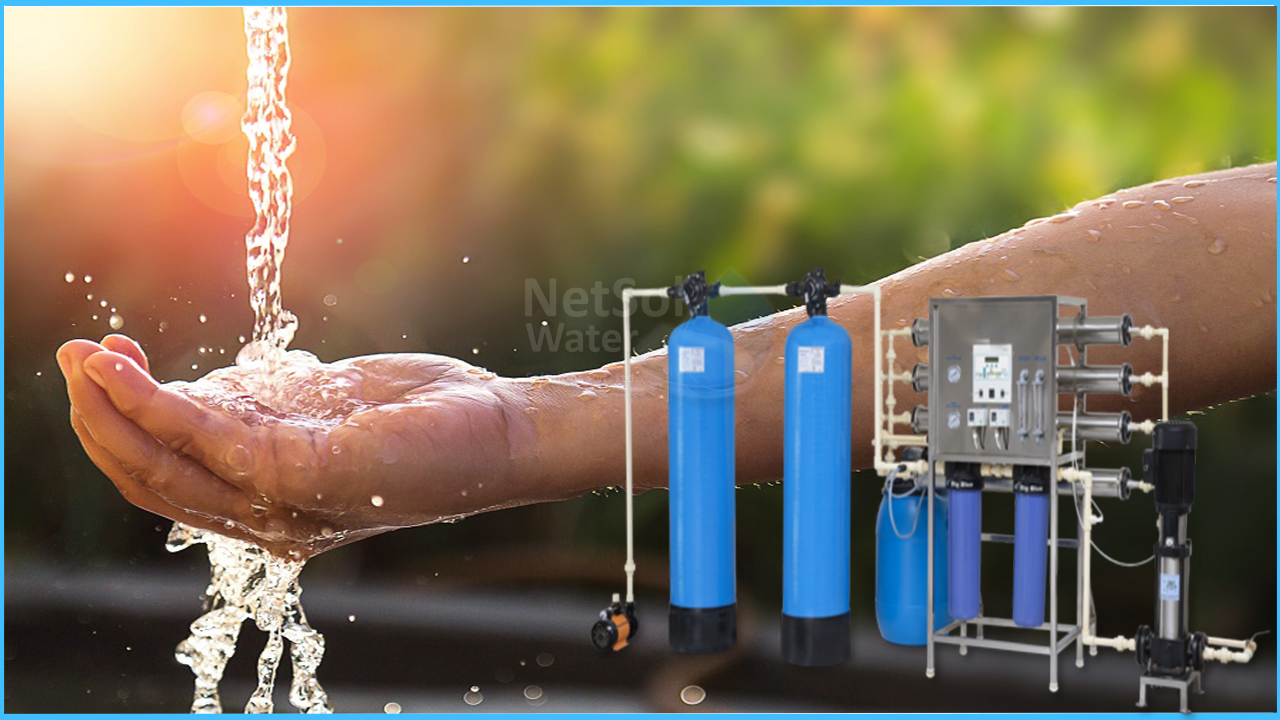Many variables are beyond the control, especially with the current development of diseases that are threatening human life around the world. However, one element over which has to be control is water quality, ensuring that schools and other businesses can provide everyone with clean, safe drinking water. Schools, in particular, should make sure that pupils have access to clean, pure drinking water at all times. Many health-related dangers will be reduced as a result of this.
Quality water is essential to the health and safety of scholars, faculty, staff, and administrators at an industrial educational facility. Not only that, but high-quality water is required in most institutions for the proper operation of labs, high-capital-investment equipment, heating and cooling systems, and other systems. The applications for advanced water treatment to improve your operations range from the swimming pool to the cafeteria. The NETSOL RO plant in India is the most cost-effective and efficient way to provide purified water. In fact, many bottled water companies use reverse osmosis to purify their water before bottling. Water Sparks is a centralised system that delivers high-quality water to bottle-less water coolers, kitchen sinks, refrigerators, ice machines, coffee makers, and other places where water quality is critical.
This advanced system provides multiple stages of water filtration, including activated carbon, sediment, and reverse osmosis. Reverse osmosis forces tap water through a semi-permeable membrane, separating the dissolved impurities from the pure water and rinsing them down the drain.
GOVERNMENT FOCUSING ON PLANTING RO IN SCHOOLS
Vice Chairman of the Delhi Jal Board (DJB) Raghav Chadha inaugurated water purifying units capable of dispensing 500 litres of water per hour at two schools. According to a DJB release, the reverse osmosis (RO) plants at Government Girls Senior Secondary School, F block, Inderpuri and SarvodayaKanyaVidayalaya, C block, NarainaVihar would provide the potable water needs of around 11,000 people.
The RO plants can filter and dispense 500 litres of water every hour, giving kids, instructors, and non-teaching staff in both institutions a fresh lease on life. In both institutions, there will be around 11,000 people whose thirst will be quenched nonstop.These RO systems operate on a 60:40 ratio, ensuring the greatest and most efficient use of drinking water. This type uses 60% potable water and 40% waste water, with the latter being used for a rainwater gathering pit.
IMPORTANCE OF RO PLANTS IN SCHOOLS
- 1. HELPS IN BOOSTING THE IMMUNITY: One of the reasons why most youngsters become sick so frequently is because of a weakened immune system, which can interfere with their studies. As a result, ensuring that they drink enough water is one of the best strategies to strengthen their immune system. Water aids in the normal elimination of poisons and disease-causing microorganisms from the body.
- 2. IMPROVES BRAIN FUNCTION: It means more clarity and focus for pupils, allowing them to think and retain teachings faster while enhancing their concentration levels. Water also aids long-term and short-term memory, making it easier for children to recall what they have learnt. More importantly, water aids in the prevention of attention deficit disorder in children, allowing them to enhance their attention span, which is another reason for drinking more purified water.
- 3. HELPS IN BOOSTING ENERGY: Students who don't drink enough water become weary quickly and may feel drowsy, which might impair their ability to concentrate. Thus, merely ensuring that kids drink/sip water throughout the day, which can assist enhance energy, can easily solve all of the difficulties. The 'water bell initiative' is one of the new trends that has been widely adopted by schools all over the world.
- 4. HELPS WARD-OFF DEHYDRATION:One of the most common problems among school-aged children is chronic dehydration. It has an impact not only on their physical and emotional well-being, but also on their cognitive abilities. There is a link between dehydration and mental health, from mood swings to decreased attentiveness and focus. Dehydration, whether minor or severe, can lead to a urinary infection or kidney stones in children. The benefit of drinking more clean water is that it helps to prevent dehydration and the health problems that come with it. Furthermore, well-hydrated kids can efficiently deal with stress, which helps to keep depression at bay, and all of this contributes to general health and well-being.



